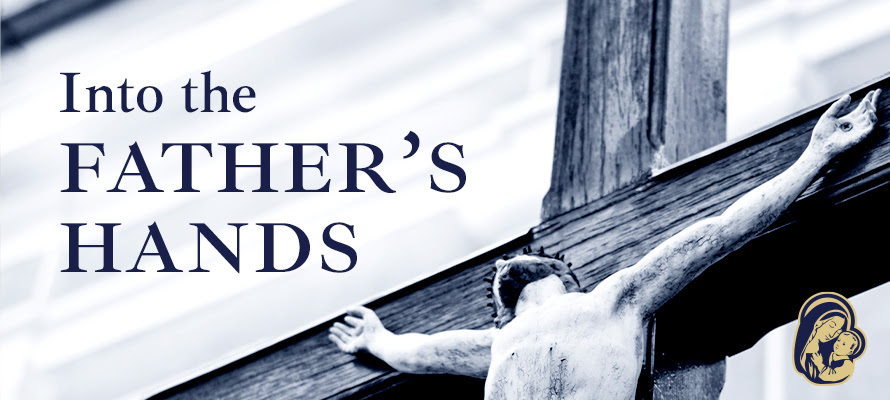One of the most challenging aspects of prayer is when it seems to go unanswered. This is a universal experience, particularly in cases of praying for sick loved ones. It is a scandal and a radical objection to prayer: how can God be a good Father, yet not listen to us? How can he promise to give good things to his children (cf. Mt 7:10), yet not respond to our requests?
The Catechism summarizes well by asking rhetorically: are we living an authentic experience of faith, or are we demanding to see the results of our petitions? (cf. 2735). The Catechism continues by citing St. Paul: are we convinced that “we do not know how to pray as we ought”? (cf. Rm 8:26) Do I believe that He knows what is good for us, what is best for my spiritual health?
Thus Pope Francis warns against treating prayer as a “magic wand” and instead emphasizes it’s a dialogue with God requiring humility. True prayer isn’t about bending God to our will, but rather opening ourselves to His plan. As he powerfully states: “In prayer, it is God who must convert us, not we who must convert God.”
Through biblical examples like the Canaanite woman and Jairus’ daughter, we see how God’s timing differs from ours and how faith sustains us through apparent silence. When Jairus receives news that his daughter has died, Jesus tells him and us: “Do not fear, only believe” (Mk 5:36). “Continue to have faith”: because it is faith that sustains prayer.
We can stay faithful and persevere, knowing that while suffering may seem to prevail temporarily, God’s grace ultimately triumphs. As Pope Francis captured in striking words: “Evil is never lord of the last day: God is the Lord of the last day.” We can be honest and vulnerable acknowledging our spiritual struggle while believing in God’s faithfulness, even in unanswered prayers.
You are invited to pray with the Healing of the Woman and Jairus’ Daughter, Mk 5:21-43.
In our disappointment, we may feel that God is deaf to our pleas; we may even be tempted to stop praying. Jesus, our great teacher of prayer, taught us in the Our Father to ask for many things, but above all that God’s will be done. A mature faith trusts in the Lord’s providence, his greater plan for our lives and our world. Jesus shows by example in his Agony in the Garden of Gethsemane how God understands our sufferings, yet does not always immediately grant our wishes. May we never abandon our trust in the Father’s will to make all things work together for our ultimate good.
Read Pope Francis’ Catechesis on prayer: 35. The certainty of being heard
